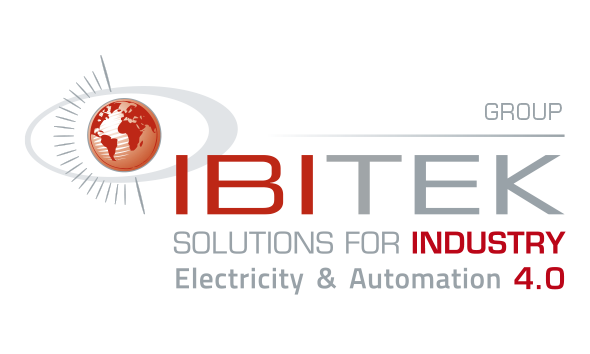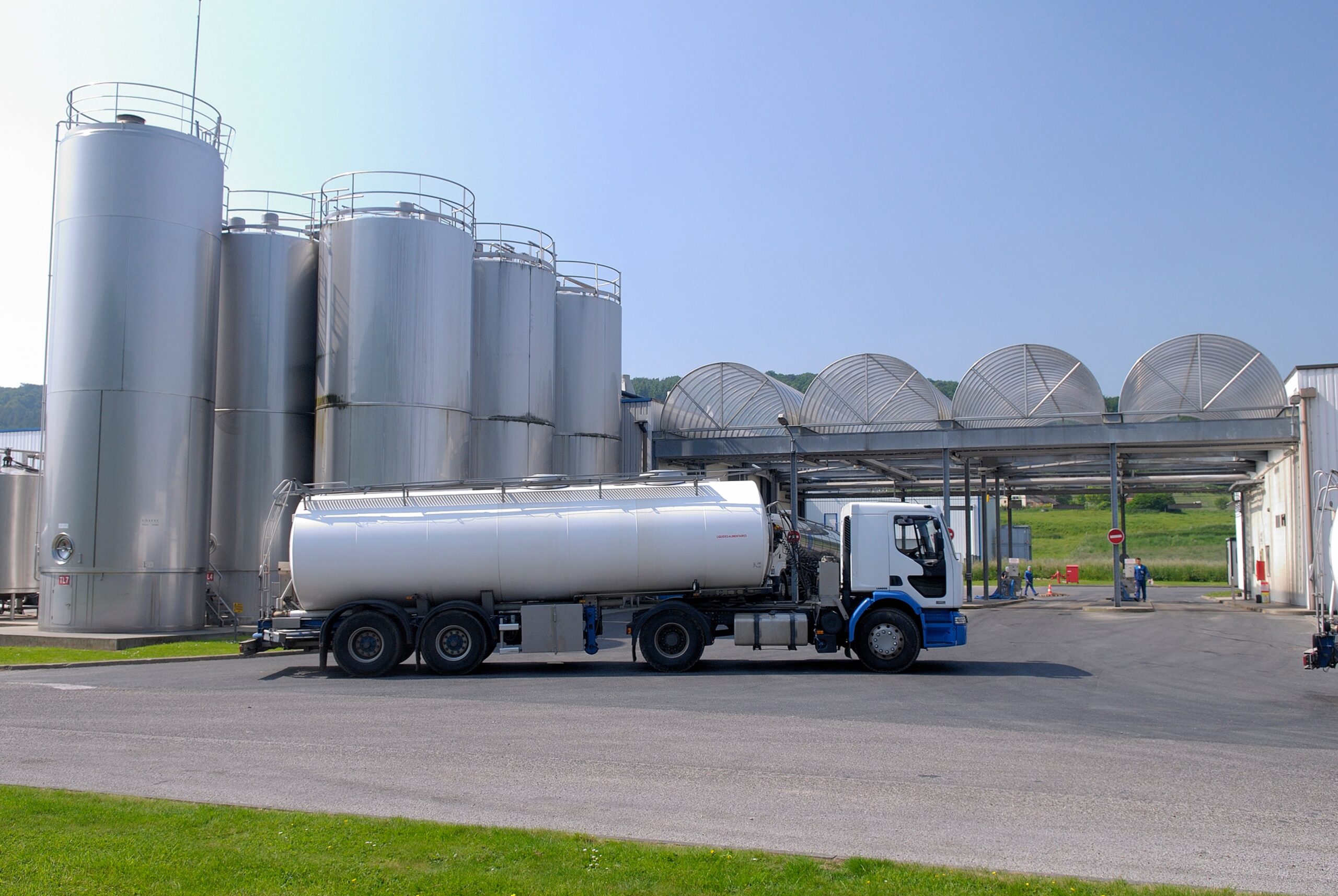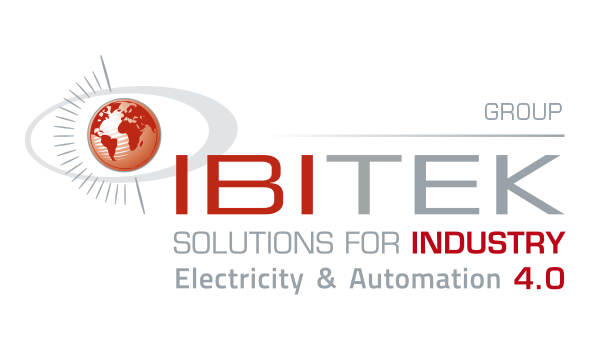What is ERP?
ERP (Enterprise Resource Planning) is software that enables organizations to integrate and manage key business processes. It provides a global view of the business, encompassing aspects such as finance, inventory management, supply chain, production, and much more.
What is MES software?
MES (Manufacturing Execution System) software is a technological solution dedicated to managing production execution in industrial companies. It supervises, in real time, the planning, launch and execution of production on the section line, enabling optimum material consumption.
The difference between ERP and MES
ERP provides a macro view of the organization, while MES offers a more micro view, focused on the production process. Although they operate at different levels of the organization, they complement each other in the way they function.
Complementarity between ERP and MES
The distinct roles of ERP and MES
ERP and MES have distinct roles. ERP manages corporate data, while MES manages production data. The first step in successful integration is to understand these roles and respect their respective domains.
Granular data collection with MES
MES software excels at collecting detailed production-related data. For example, it can provide the current state of production, indicate the quantities of finished products with information on ‘quantities of goods produced’, and it can also give precise feedback on the progress of the production process with ‘comments on the state’ of it.
Real-time MES and integration with production machines
MES software, through its integration with production machines, enables real-time monitoring of production progress. This is a major project challenge for the workshop operator, who needs to retain total control over the process.
The crucial role of the ANSI/ISA-95 standard
Understanding ANSI/ISA-95
ANSI/ISA-95 is an international standard for the integration of information systems within organizations. It defines an interface model between plant control systems and other information systems, such as ERP and MES.
Why is this standard essential for integration between MES and ERP?
This standard is essential because it facilitates integration between MES and ERP by providing clear guidelines and interaction models. It simplifies the use of integration APIs, thus avoiding cases of failure due to incorrect license configuration.
The benefits of successful integration between ERP and MES
1 – Optimization of management and production
“When ERP and MES software are successfully integrated, production management is significantly improved. This integration makes it possible to efficiently organize and coordinate batch production tasks, linking them to a specific management workspace. What’s more, thanks to a centralized dashboard, it is possible to monitor the progress and progress of each production batch in real time, ensuring continuous visibility and control over the manufacturing process.
2 – Improved traceability and data quality
Integration ensures improved traceability and data quality. Data integration between MES and ERP ensures that production information is consistent and up-to-date.
3 – Increased responsiveness and flexibility
The integration of ERP and MES software represents a major challenge for modern industrial companies. This first step towards greater flexibility enables plant managers to react more quickly to changes in manufacturing execution.
4 – Reduce costs and increase efficiency
Implementing this integration can lead to a significant reduction in costs. Indeed, the integrated solution offers better resource management and more efficient use of materials, thus optimizing return on investment.
5 – Improved decision-making
With the integration of ERP and MES, managers can benefit from a global and precise view of their production processes. This can help them to make strategic decisions, thereby optimizing operations.
6 – Ease of regulatory compliance
Compliance with current regulations is a priority for many industrial companies. MES-ERP integration makes it easy to track and document compliance, simplifying regulatory audits.
7 – Improved customer satisfaction
Finally, the successful integration of ERP and MES software can lead to improved customer satisfaction. Implementing this solution across a defined scope can help reduce delivery times, improve quality and increase flexibility, all of which can enhance the customer experience.
How does integration boost operational efficiency?
Thanks to integration, supply chain users can take a global view while keeping a precise eye on production processes. The first step is to understand that this vision is made possible by the real-time updating of new stock dimensions in MES and ERP, contributing to a significant improvement in operational efficiency.
So, plant managers, are you ready for this integration that could transform your operations? The stakes are high, so don’t hesitate to contact our team for personalized support.
Our aim is to help you optimize your processes and increase your return on investment. We have the global vision and skills to help you take that first step towards maximum operational efficiency.










